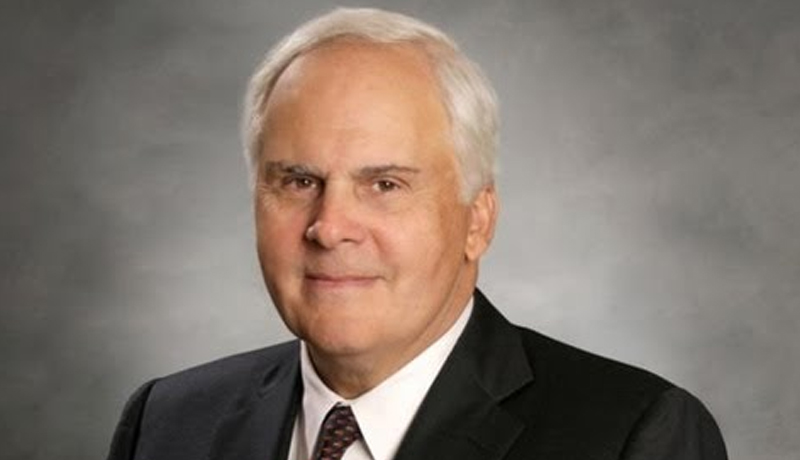Fred Smith, the iconic founder and chairman of FedEx, always a Marine and a history buff
In the global air transport industry, there’s no other figure often quoted in the media and most sought after for interviews, even congressional hearings, other than Frederick W. Smith, the founder and chairman of the $70-billion FedEx air transport and logistics company serving more than 220 countries and territories delivering 3.6 million shipments every day.
Smith, 75, hinted at mulling retirement after decades of overseeing the behemoth startup he built nearly 50 years ago with his $4 million inheritance from his father who died when he was just four, a self-made American millionaire who founded the Dixie Greyhound Bus Lines and a chain of restaurants. Smith raised $91 million more through venture capitalists.
Smith got the idea to build FedEx while helping his stepfather, retired Air Force Gen. Fred Hook, run a struggling company overhauling aircraft engines that he bought in Arkansas.
In interviews, Smith said the difficulty of getting parts for the engines they were fixing ignited the idea of overnight delivery concept he first conceived while studying economics at Yale University and the idea of building something after seeing massive destructions serving two tours in Vietnam as platoon commander.
“I wanted to do something productive after blowing so many things up,” the Entrepreneur quoted Smith in an interview.
And so in April of 1971, FedEx began its operations with 14 Falcon jets servicing 25 cities. It was a rough start with so many challenges but today the firm born in Memphis, Tennessee is looked up to for its pioneering concept and ideas.
FedEx today has more than 680 planes, publicly traded on NYSE with assets in excess of US$70 billion, with 425,000 employees across the world as of 2018.
With lots of sense of humor, Smith appeared as himself in the 2000 movie Cast Away where Tom Hanks played as a FedEx employee stranded on an island.
Smith attributes much of his entrepreneurial success to being a Marine where flexibility and accomplishing a mission are paramount.
“When people ask “What business school did you go to?” I always say, “U-S-M-C.” They think it’s University of Southern California, but the Marine Corps was my graduate school. It was during the Vietnam War, so it was a tough way to make a living at the time. But I’m very grateful to the Marine Corps,” Smith said in an interview with the magazine the Chief Executive.
A doting father and grandfather, Smith says he remains an ardent student of history to this day, claiming he learned more about business from studying history than from contemporary leadership books.
“If you want to play at a high level, you have to absorb the mistakes that have been made before you,” he once told Tennessee Gov. Bill Haslam while hosting a technology conference in Nashville in 2017.
Smith once said in a FedEx blog titled “Perspectives on a Connected World” – “Thanks to the power of connectivity, innovation is exploding around the world. Here’s just one example: In 1927, it took Charles Lindbergh 34 hours to fly from New York to Paris. Today, with just a tap on your mobile device, you can ship a FedEx package to many major world markets overnight.”
And Smith himself will be forever on the annals of world history as the man who made FedEx.










